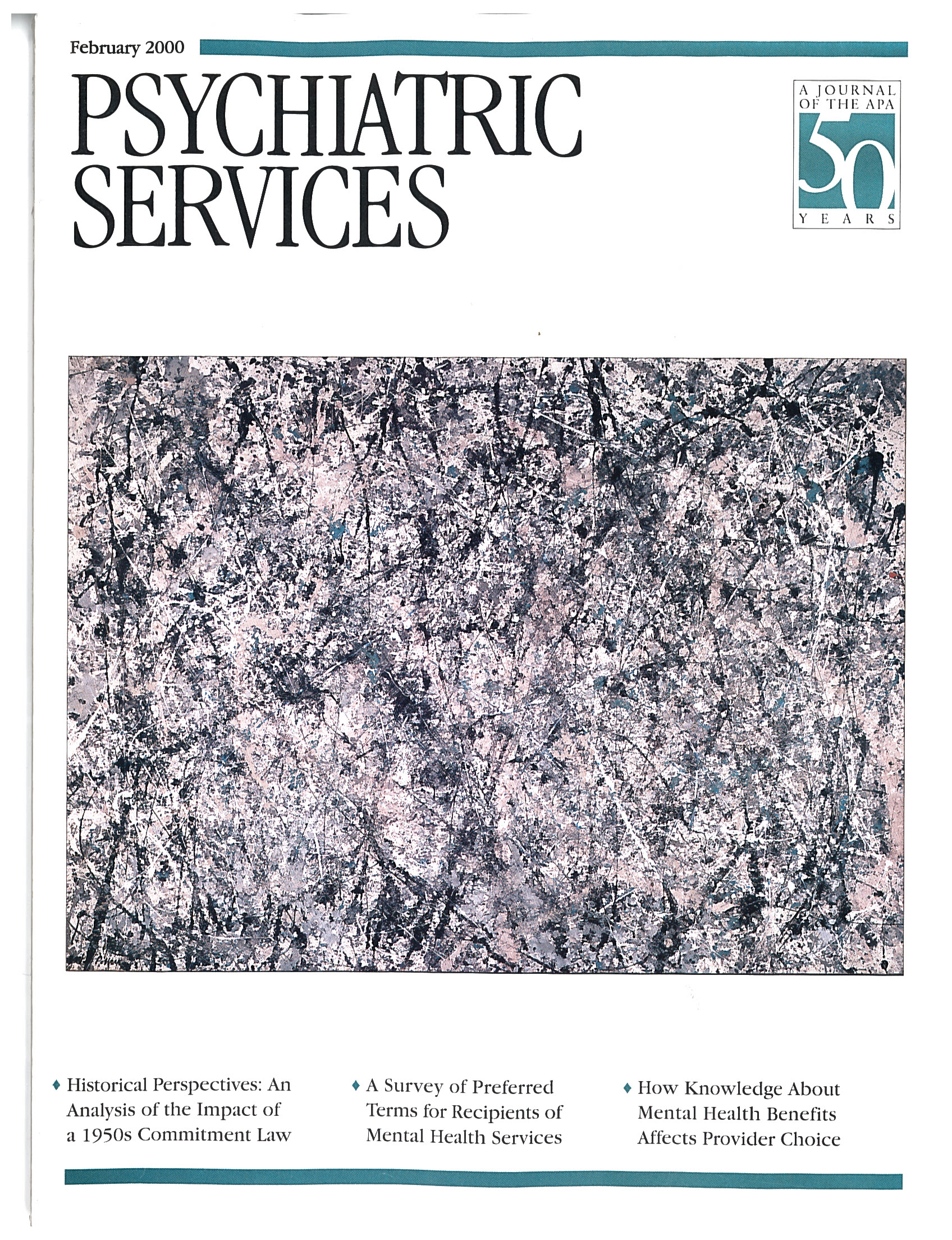The Natural Superiority of Women, fifth edition
The Natural Superiority of Women was originally published in May 1952. The author, a biological and social anthropologist, contends that irrefutable scientific evidence supports the conclusion that women as biological organisms are superior to men.
In this, the fifth edition, Montagu says that since the fourth edition of the book appeared in 1992, "much new information bearing on the natural superiority of women has become available" and that "the new findings unexceptionally support and confirm the conclusions reached in this book." He says that he tried to leave the book essentially as it was written, but has brought it up to date with the latest findings and has also added new material.
Over the centuries, male scholars have pointed to the larger male brain, skeleton, height, and muscle mass as clear evidence of the male's superiority, as in the view "might makes right." However, in a paradigm shift that seeks to include the overall performance of the anatomy and physiology of male and female, Montagu believes women come out on top. Women apparently have a more powerful immunological system, which affords them greater protection against and better recovery from starvation, fatigue, shock, and illness. Also, although a woman's brain may be smaller than a man's, it has more neurons in the corpus callosum, which enables better coordination between hemispheres. Consequently, the female brain is more highly developed structurally and functionally, and it is capable of thinking more soundly and intuitively than the male brain, Montagu says. The end result is that women are more insightful and have greater stamina and longevity—or, in other words, women stand the test of time.
In spite of the book's provocative title, Montagu insists it is not his intention to inflate the status of one sex over the other, but rather to bring the sexes closer together. Montagu believes that if we are to achieve social equality, men must be convinced that women are superior. His desire is for a reconstructed American culture in which the male values of physical dominance, acquisition of material goods, and aggression give way to humane attributes and abilities. Women, being the truly superior beings they are, will of course not brag about their biological superiority over men, but will treat them kindly and gently.
Montagu contends that women are key to the implementation of this plan, as he does not believe men are equal to the task. Montagu pleads with women, the superior beings, to use their special knowledge and abilities. Women are exhorted to humanize society by defending their right to stay home and raise their children, by infiltrating Congress, and by reorganizing the public education system, all the while not becoming seduced or corrupted by the dominant male value system—a tall order.
According to Montagu, women are the carriers or the true sprit of humanity, as best captured by the love of a mother for her child. It is the preservation and diffusing of that kind of love that is the true function and message of women.
Montagu's first ten chapters are truly fascinating, focusing on the cultural, psychological, and historical underpinnings of women's oppression by men. Through his meticulous use of anthropological and medical studies, Montagu systematically dismantles the myth of the inferiority of women. His writing is exciting, invigorating, and thoroughly enjoyable from a woman's point of view.
Unfortunately, the last few chapters, which outline woman's raison d'être from a male perspective, are paternalistic and, consequently, irritating, annoying, and extremely disappointing—although the content somewhat predictable, given the role of men in relation to women in the last millennium. Nonetheless, I would recommend this book to students and practitioners alike, as it is likely to provoke much thought and lively discussion.
Ms. Slade is manager of the partial hospital and chemical dependence programs and the psychiatric emergency services at Northwestern Memorial Hospital in Chicago.



